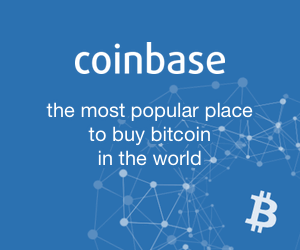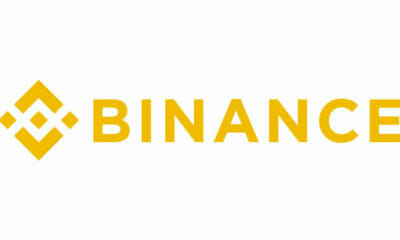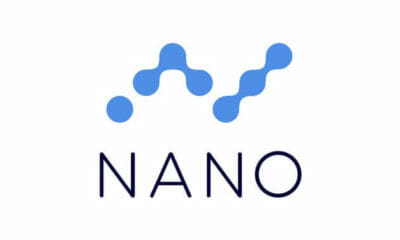In a recent weeks, a widening range of Wall Street titans from Goldman Sachs to the New York Stock Exchange have signaled they are interested in expanding their footprints in the booming cryptocurrency universe in various forms.
While many market observers believe the entry of established Wall Street banks and exchange operators is a positive for the alt-coin space, some analysts believe there are hurdles facing banks looking to expand their presence in the crypto space.
“Centrally cleared cryptocurrency derivatives could be a real-world test of clearinghouses’ margining and default procedures, particularly if derivative notional volumes increase and cryptocurrencies exhibit heightened price volatility,” said Fitch Ratings in a recent note.
Crytpo-related derivatives currently available in the U.S. are mostly confined to Bitcoin futures, which debuted in December on the Cboe and CME. Nasdaq is also considering launching bitcoin futures at some point.
Other Challenges
Some big names on Wall Street are embracing digital assets. For example, Goldman Sachs recently made its first cryptocurrency hire and said it plans to use its own capital to trade bitcoin futures for clients. However, Fitch sees challenges for banks looking to venture into digital currency derivatives.
“A dramatic increase in financial institutions’ exposure to cryptocurrency derivatives could challenge clearinghouses and large financial institution clearing members in ways beyond those typically associated with the introduction of new market products,” said the ratings agency. “Cryptocurrencies are prone to extreme price volatility, which has been exacerbated by a nascent, unregulated underlying market with a limited price history and without generally accepted fundamental valuation principles. These factors complicate margin calculations, particularly related to short positions, for which losses cannot be capped.”
Bitcoin futures, which are cash settled, still have light volume relative to other well-known contracts in the futures market.
“As of May 9, 2018, open interests in XBT and BTC were modest at 6,287 and 2,479 contracts, respectively, worth approximately $59 million and $116 million, respectively. However, if challenges associated with trading the cryptocurrency are addressed, including uncertainty over regulatory, tax and legal frameworks, cryptocurrency derivative volumes could grow,” according to Fitch.



















